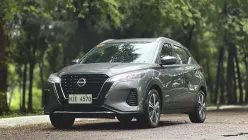Electric cars in the Philippines are now getting more traction for Filipino car buyers due to various reasons such as the introduction of new electric vehicle (EV) models in the country. Although there is still work to do to further expand the EV network, it is without a doubt that the Philippines is ready to take on the challenge of adding more EVs to the local market.
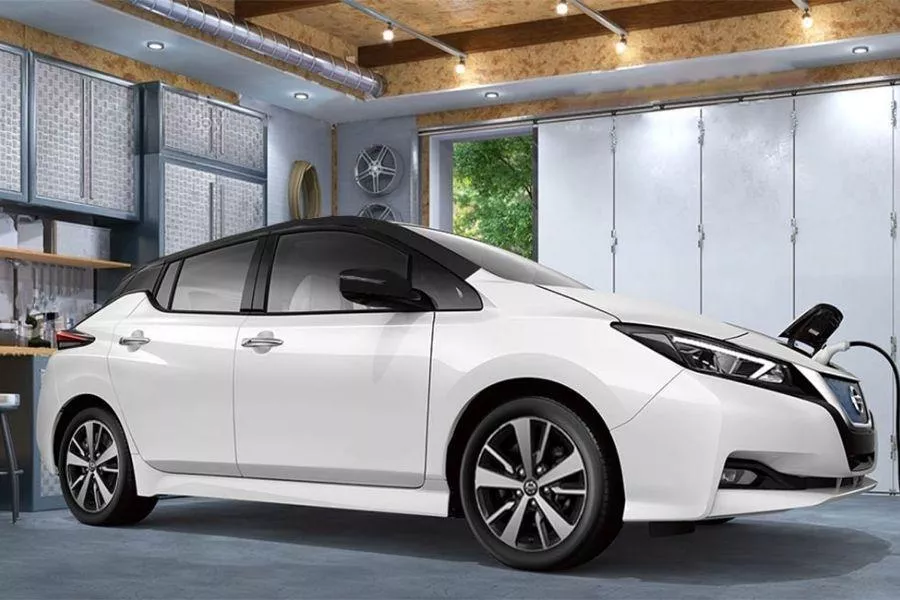
EVs are the inescapable future
When driving around town, it is really rare to spot an advertisement or promotion consisting of an electric vehicle, or at least the benefits of owning one. Car buyers in the country still tend to opt for practical options which usually use an internal combustion engine (ICE). This is one of the few subtle reasons why EVs are still yet to storm the Philippine market.
Most Filipinos are still unaware as to if they can buy electric cars in the Philippines, at least legally. For this reason, read on as we have listed down everything you need to know about owning an electric car and what are the options the local auto market is offering including their prices.
I. Can I register an electric car locally?
So, what is the real stand of EVs in the country? If we take a look at the government instituted Executive Order 488, it states that the government is authorized to modify the existing rates of import duty of hybrid and electric cars. This includes the components, parts, and accessories for the assembly of the EVs.
In other words, the importation of electric cars in the Philippines is not illegal. In fact, EO 488 states that hybrid and electric vehicles can help improve the energy efficiency of transportation in the country.
Now this explains why some vehicles of the electric automotive company giant, Tesla, can be seen in the streets of the Philippines. Driving one of these Tesla units in the country sure is a treat, especially for those who are longing for Tesla to be brought here.
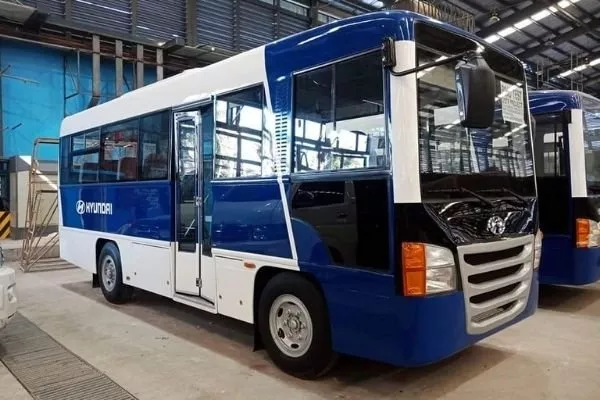
Hyundai's HD50S Modern Jeepney Class 3
Well, you might ask, how about the Land Transportation Office (LTO)? What does the agency say about this matter? Can I register an electric car in the Philippines? The short answer: yes.
With the country’s initiative to replace old jeeps with E-Jeeps, the registration of electric vehicles has already been operationalized. LTO said that it approves the registration of EVs under a few and apparent conditions.
All Manufacturers, Assemblers, Importers, and Dealers (MAIDs) of EVs must comply with LTO’s requirement for classification and initial registration to officially register an EV unit. See the list below for reference:
|
Requirements for Classification |
Requirements for Initial Registration |
|
|
According to the government agency, MAIDs should submit the specifications to the LTO not later than three months prior to the introduction of any new EV model in the market. With this, the LTO will be able to determine the classification and Motor Vehicle User’s Charge (MVUC) of the new EV model.
Of note, the MVUC of EVs is similar to the conventional counterparts that use gasoline and diesel engines. The LTO has also designated special lanes for the registration of EVs to fast-track transactions. If there are no special lanes in an LTO office, EV transactions will be assigned at Senior Citizen/PWD lanes.
In conclusion, yes, you can import electric cars in the Philippines and you can legally register it to make it road legal. As long as you provide the LTO with the proper certifications and documents, then you shouldn’t worry about anything.
>>> Related: Should you buy an Electric Vehicle (EV): Why or Why not?
II. Are there available EVs in the Philippine market? How much is the electric car price in the Philippines?
Now you discovered that EVs are legal in the Philippines. You might be asking, are there EVs I can buy locally? If so, how much are electric cars in the Philippines? There are, however, only a few are sold. As mentioned earlier, the marketing of EVs in the country is yet to be developed.
The Hyundai Ioniq EV is one of the few full electric vehicles in the country. It is a sedan that uses a permanent magnet synchronous motor that produces 118 hp and 295 Nm of torque. Priced at Php 2,050,000, the Hyundai Ioniq EV has a driving range rated at 200 km.
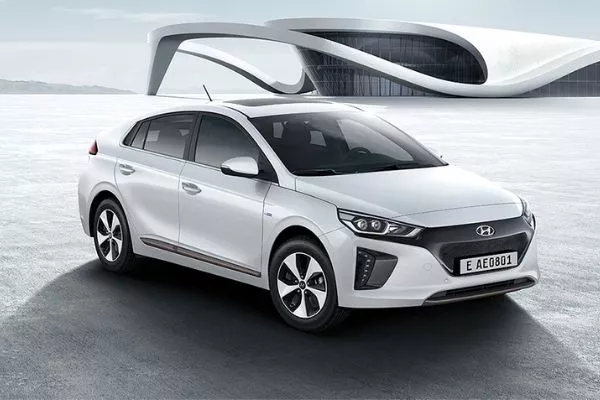
Hyundai Ioniq EV
Hyundai has another EV to offer, namely the Kona EV. It is designed to provide a great feel of what an EV should be. The twin headlights design and no grille look will definitely make the Kona EV an instant head-turner.
Powering the Kona EV is a permanent magnet synchronous motor that makes 134 hp and a whopping 395 Nm of torque. Hyundai Asia Resources, Inc. (HARI), the official distributor of Hyundai vehicles in the country, is selling the Kona EV for Php 2,388,000 via indent order.
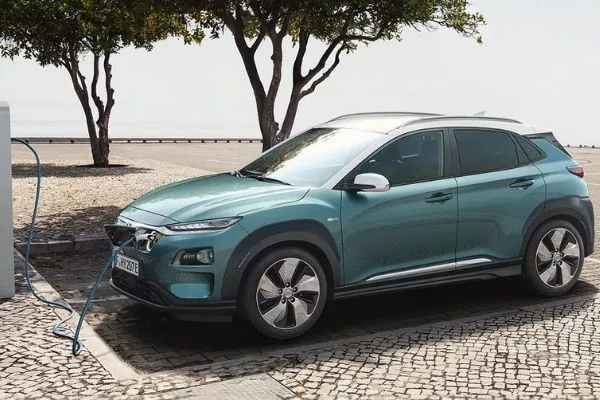
Hyundai Kona EV
Chery Auto Philippines is continuously making strategic moves as it introduces the Arrizo 5e in the local market. It is, however, available only via indent order and is priced around Php 1,900,000. Under the hood, the Arrizo 5e uses a permanent magnet synchronous motor making 160 hp and 250 Nm of torque.
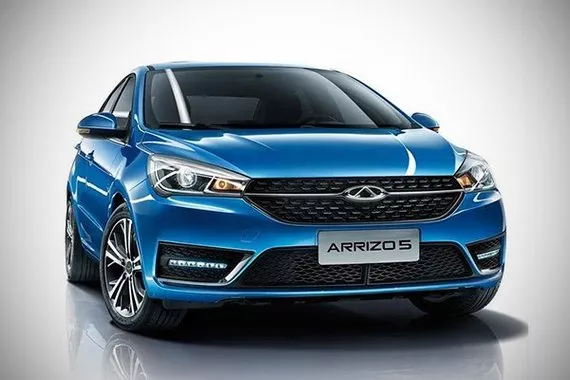
Chery Arrizo 5e
Lastly, we have the Nissan LEAF which was finally launched by Nissan Philippines last May 2021. It is the Japanese car brand's renowned EV that is considered as one of the best in the global market, going against the likes of Tesla and BAIC. Last year, Nissan rolled out the LEAF’s 500,000 production unit after ten years of competing in the auto industry.
Nissan Philippines is offering the LEAF with one variant only priced at Php 2,798,000. Powering the EV is an electric motor that is capable of generating 150 hp and 320 Nm of torque. In one full charge, it can travel up to 311 kilometers, which should be enough for the daily commutes of most Filipinos. The charging time normally takes around 18.5 hours, while charging with the optional Wall Box Charges cuts it to 7.5 hours only.
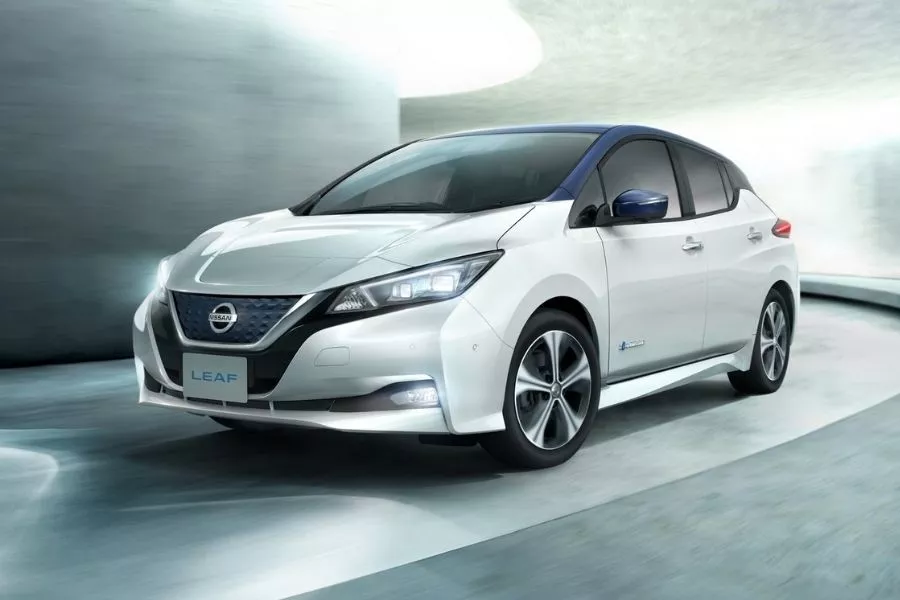
Nissan LEAF
III. Would it be advisable to buy one of these?
An electric vehicle can provide so many benefits. It can help you save plenty of cash as fuel prices in the Philippines these days are relatively high. Plus, electric vehicles are environmentally friendly. EVs can help reduce the ever-growing air pollution in the country, as well.
Moreover, EVs are cheaper to maintain as compared to conventional internal combustion engine vehicles. Why? Electric cars have fewer moving parts that are prone to breaking down and EVs don’t need periodic oil changes.
On the flip side, the bleak popularity of electric cars in the Philippines means that quick charging stations are still remotely available. You must always plan your trips to avoid running on a low charge. However, if you choose an EV for your daily drive in the city, then there’s nothing to worry about since you can always charge at home.
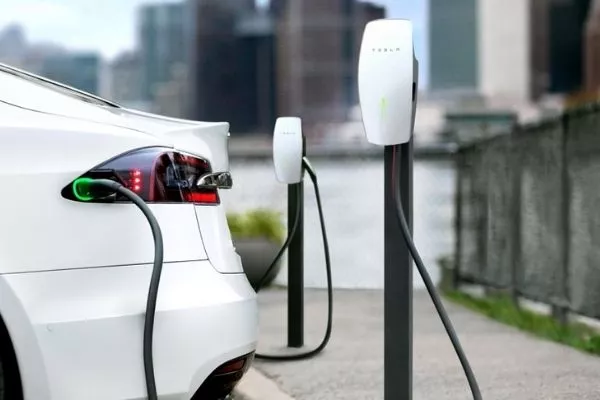
The Philippines is yet to fully adapt to the EV era
So is it advisable to buy an electric car in the Philippines? It depends on you. EVs have their pros and cons. It’s a matter of if you can deal with them or not. Take note that in the future, internal combustion engine vehicles will be phased out starting 2030. As such, it seems like it is the ideal time to make the switch.
Here at Philkotse.com, we value your interest in the automotive industry. Visit our website to find out more.
Know more about Nissan LEAF 2026

The Nissan LEAF 2025 Philippines is a 5-door hatchback fitted with an all-electric powertrain. It is offered in the Philippines with one variant only which is priced at Php 1,998,000. Powering this electric vehicle (EV) is a synchronous electric motor capable of generating 148 horsepower and 320 Nm of torque. A 40-kWh lithium-ion battery is used, which aids the model's 311 km range. Only a single-speed gear reduction system is utilized to exclusively send power to the front wheels.
Dimensions-wise, the LEAF has a length of 4,490 mm, a width of 1,788 mm, and a height of 1,540, with ground clearance and wheelbase rated at 155 mm and 2,700 mm, respectively. This is the first and only commercially available EV in the country. But in the all-electric options, the alternatives of Filipino car buyers include the Porsche Taycan, Hyundai Ioniq EV, and BYD E6.
>>> New and used Nissan LEAF 2025 for sale in the Philippines
Nissan LEAF Launch
The first-generation Nissan LEAF was initially introduced in the United States and Japan in December 2010. Due to its striking road presence and overall impressive performance, it gained recognitions such as the Green Car Vision Awards in 2010, the European Car of the Year and the World Car of the Year both in 2011 and the Car of the Year Japan for two consecutive years. Also, this multi-awarded electric vehicle is acclaimed as the world’s top-selling as of December 2019.
The second-generation Nissan LEAF was unveiled in October 2017. It was made available in the US and Europe a year later. The Nissan LEAF made its Philippines debut in May 2021. Nissan Philippines is offering the LEAF at Php 2,798,000. Available colors for the 2025 Nissan LEAF with the two-tone blacked-out roof include Pearl White, Vivid Blue, Gun Metallic, and Magnetic Red.
Nissan LEAF Exterior
The new Nissan LEAF comes with a sporty exterior design, and it looks similar to the global model that’s currently being sold in Japan, the United States, and Europe. In terms of dimensions, the LEAF electric vehicle measures 4,480mm long, 1,790mm wide, and 1,540mm tall. It also has a wheelbase of 1,540mm and a ground clearance of 155mm.
The Nissan LEAF is fitted with halogen headlamps with LED daytime running lights. It also has front fog lamps and a rear fog lamp, rain-sensing wipers, electronically adjustable and foldable front mirrors, and a rear wiper. The said electric vehicle also comes with Nissan’s signature V-motion grille. The LEAF is finished off with a set of 16-inch alloy wheels, wrapped with 205/55R16 tires.
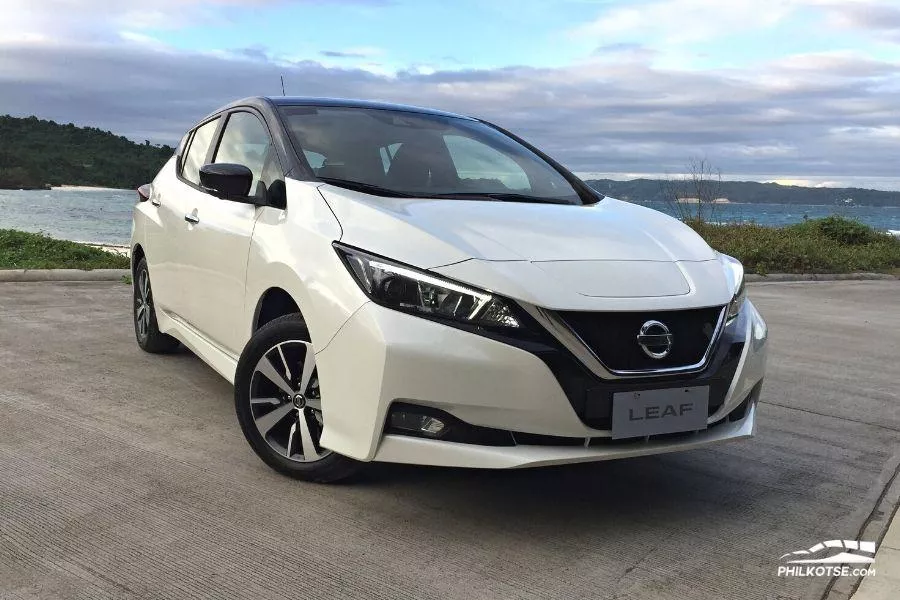
Nissan LEAF Interior
The Nissan LEAF 2025 can accommodate up to five occupants. It has a dark interior theme along with an automatic climate control system, and fabric-clad seats. The LEAF also comes with a six-way manually adjustable driver’s seat, a leather-wrapped steering wheel with tilt adjustment, a push-to-start button, and a multi-information meter.
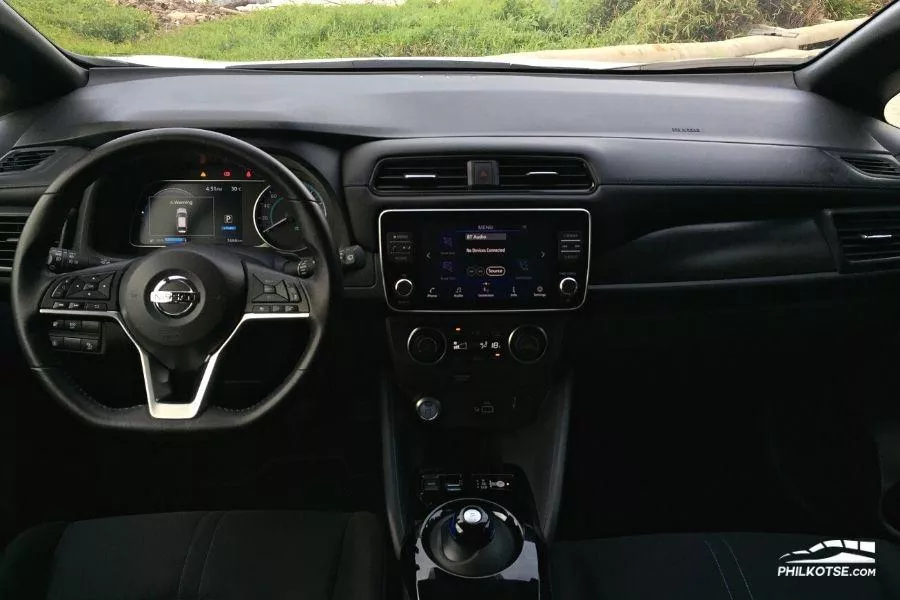
Technology & Safety Features
The LEAF Philippines is integrated with several techs and safety features. Placed at the center of the dashboard is an eight-inch touchscreen with Apple CarPlay and Android Auto. It also comes standard with a 360-degree view camera that can detect moving objects. The LEAF also has a driver attention alert system that warns one of the things moving in the car’s blind spots, rear end, and whenever you’re departing a lane. Adding to the list of the LEAF’s features are the following: hill-start assist, vehicle dynamic control, and anti-lock braking with electronic brake-force distribution. On the more passive side, the Nissan-made EV comes with a total of six airbags.
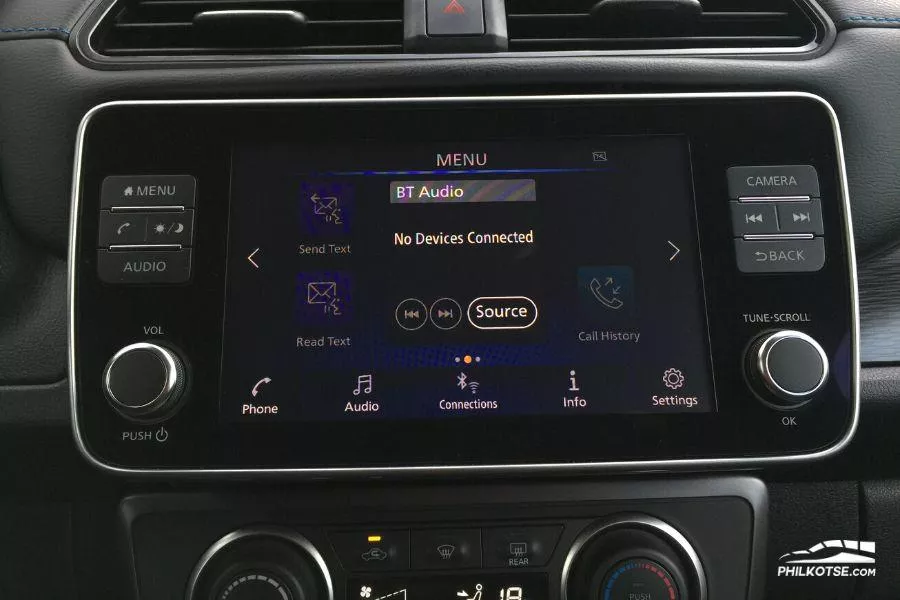
Platform & Chassis
The new Nissan LEAF is fitted with an independent front strut suspension and torsion beam suspension at the rear.
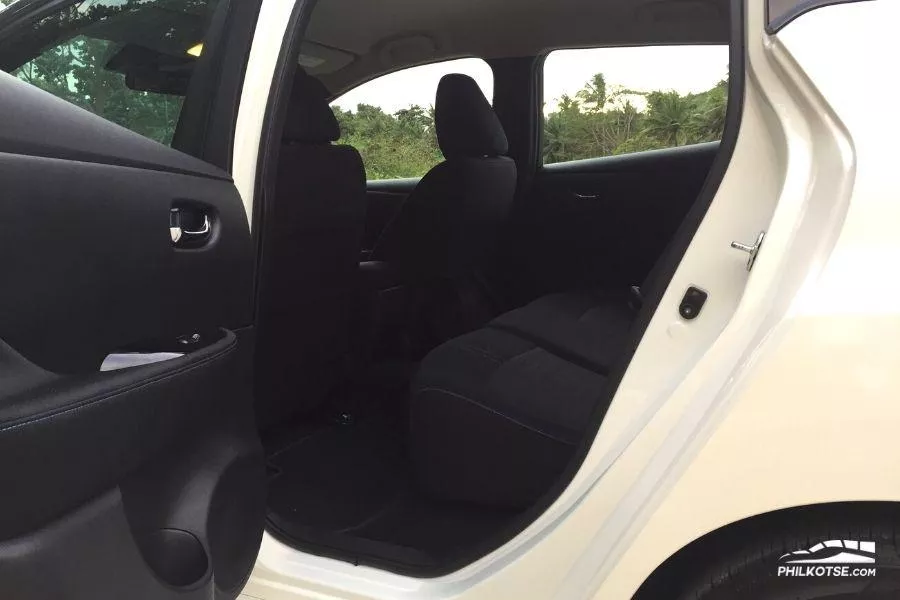
Engine & Drivetrain
The Nissan LEAF EV is powered by an electric motor that delivers 148 hp and 320 Nm of torque. Power is sent to the front wheels via a single-speed gear reduction system. The Nissan-made EV uses a 40-kWh lithium-ion pack with a 311-kilometer range. This can be charged with your bog-standard wall outlet, and doing so will fill it up fully in 15 to 18 hours. However, a quick charging station cuts down the LEAF’s charging time down to just 40 minutes to an hour.
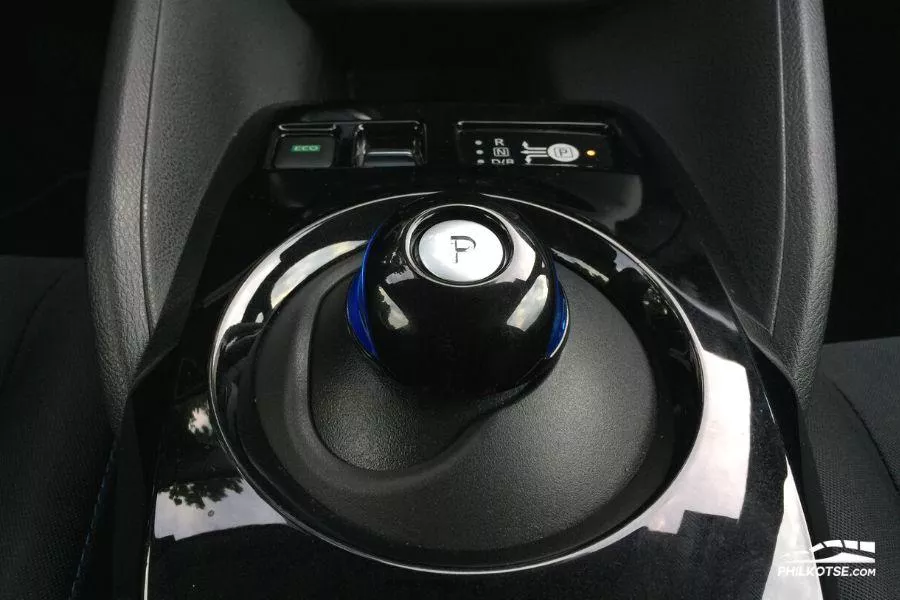
Available colors for the Nissan LEAF are Gun Metallic, Vivid Blue, Magnetic Red, and Pearl White, all of which come with a Pearl Black roof.
The Nissan LEAF still doesn't have a lot of competition in the country as the local EV market is still relatively new.
Nissan LEAF 2025 Price List
| Variant | Price |
|---|---|
| Nissan LEAF 40kWh | ₱1,998,000 |
Nissan LEAF Pros & Cons
Pros
-
Offers 311 km of range
-
Sleek styling with the two-tone finish
-
Cheaper to run combustion engines
Cons
-
Relatively expensive price tag
-
EV infrastructure is still in its early stages.
-
First-time EV owners might expect more in terms of driving experience
Nissan LEAF FAQs
1. How much does a Nissan LEAF 2025 cost in the Philippines?
In the Philippines, it is available in one variant which is priced at P1,998,000.
2. What problems does the Nissan LEAF have?
Nissan LEAF had some issues about reliability, with some electrical and brake concerns.
3. What is the body type of Nissan LEAF?
The body type of LEAF is a hatchback.
4. Does the Nissan LEAF 2025 have a reverse camera?
Yes, it does. With the reverse camera, you can see what is behind the car on the screen.
5. What is the Length of Nissan LEAF Philippines?
The length of LEAF is 4,490 mm.
₱ 1,998,000
ExploreRecent posts
- Top 12 questions about PHEVs and EVs you must know the answers Aug 26, 2019
- Why PHEVs and EVs not suitable to be driven in Metro Manila? Jul 24, 2019
- Top 9 most successful electric vehicles brands in 2019 Jun 28, 2019
- Pros & Cons of Buying Used Electric Vehicles Nov 30, 2022
- Hybrid cars in the Philippines: Pros & Cons and Differences from Electric cars Aug 16, 2023






